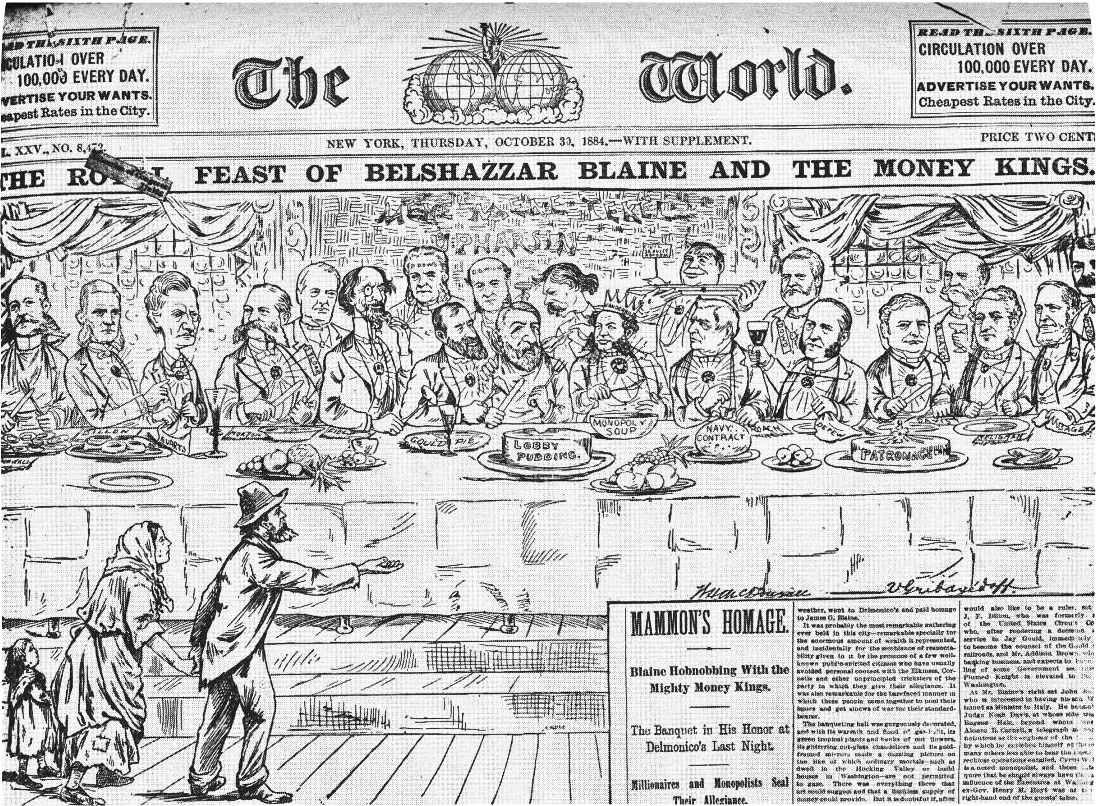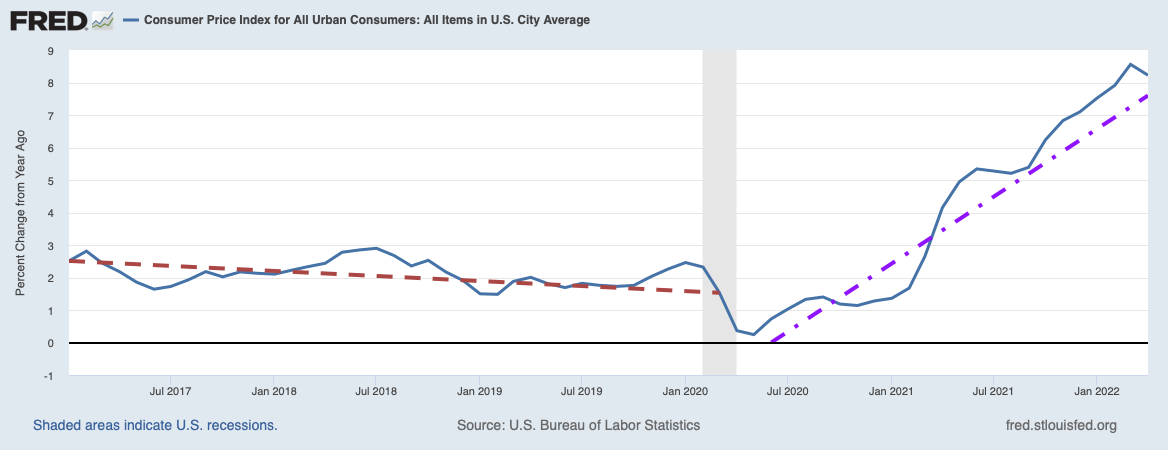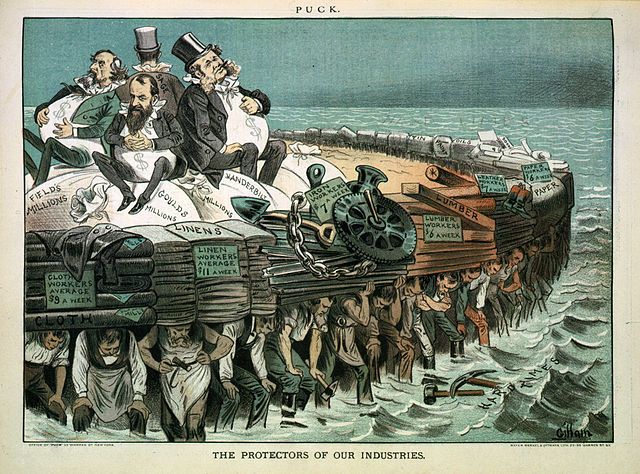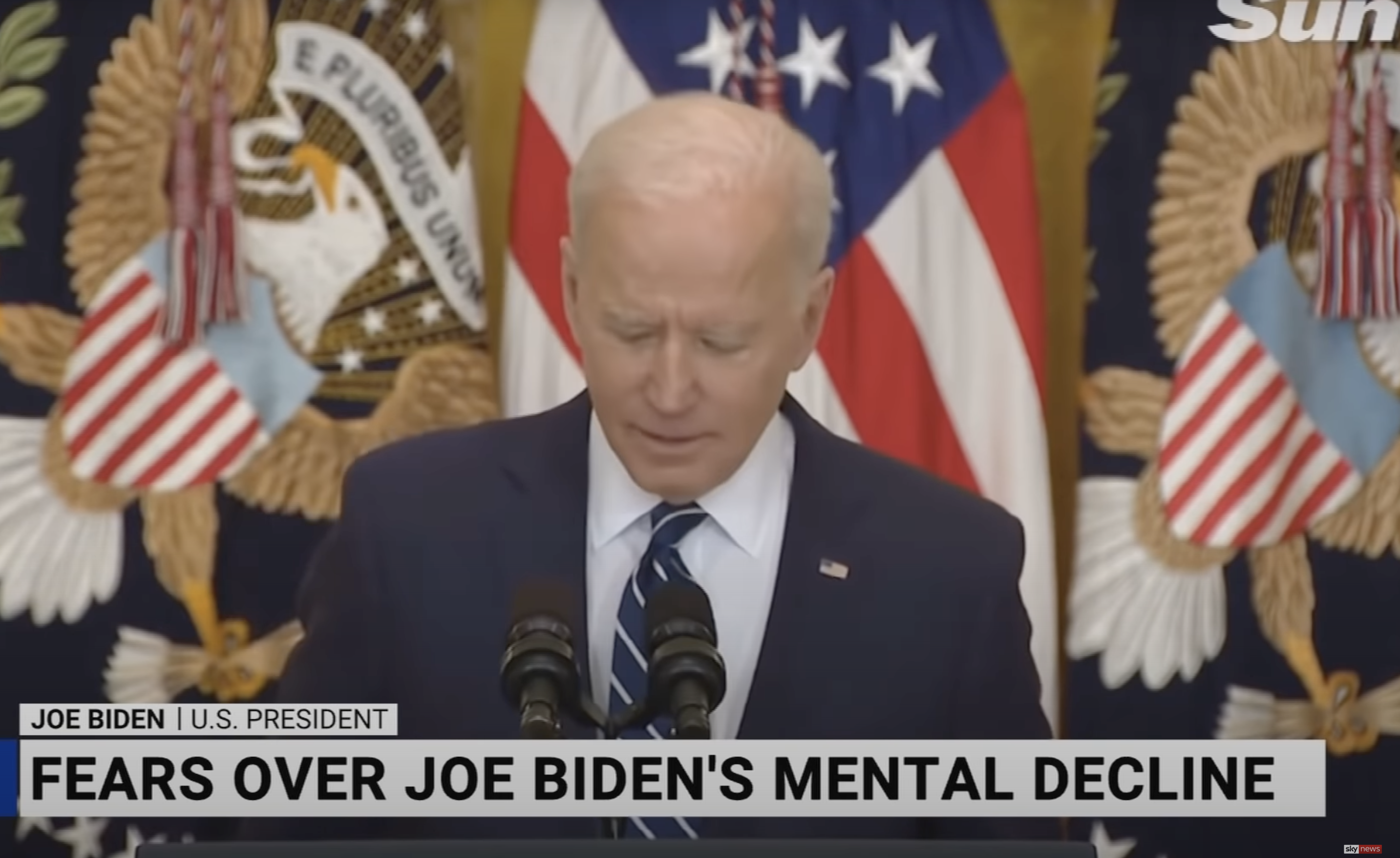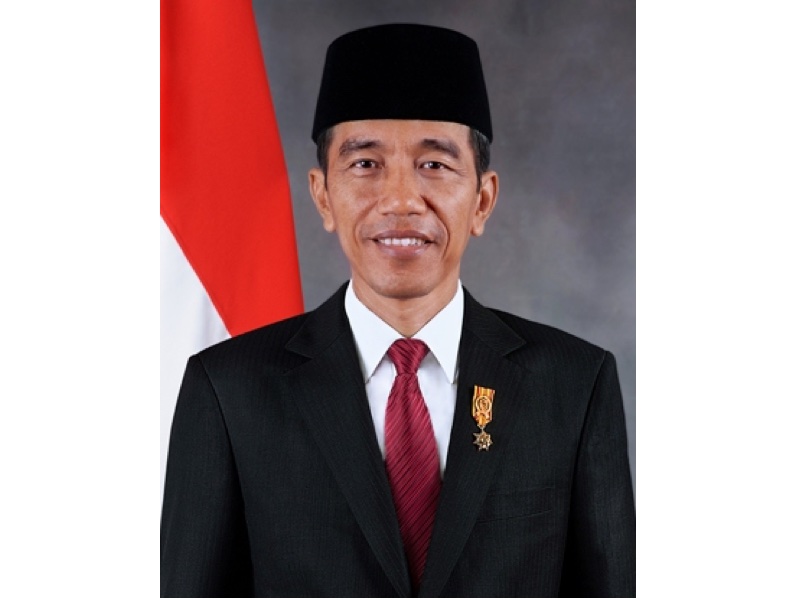An Indonesian Reagan
Joko Widodo, President of Indonesia
Photo Credit: Wikimedia Commons/Government of Indonesia
For a country that is widely reputed to have a lot of crony capitalism, Indonesia is pretty lucky to have Joko Widodo as its president. Previous to his election as president in 2014, he had been Mayor of Surakarta from 2005 to 2012 and Governor of Jakarta from 2012 to 2014. According to his Wikipedia entry, he is the first Indonesian president not to have come from the country’s political elite or as an army general. Wikipedia also tells us that he is “widely seen as reflecting popular voter support for ‘new’ or ‘clean’ leaders rather than the ‘old’ style of politics in Indonesia.”
What makes him important for our purposes however is that he is instituting a number of economic reforms that should cause the Indonesian economy to vigorously grow. The Wall Street Journal informs us Widodo started a deregulation drive last year, easing rules on foreign ownership of companies in a wide range of industries. It appears that as a result of this pruning of government regulation, that GDP growth has increased a little to 5% annualized growth in the first quarter of this year.
However, Mr. Widodo also blundered in the first year of his presidency when he tried to get tax collectors to bring in 30% more revenue in 2015, which created bad feelings from the business community when they were presented with tax bills of dubious legality. Receipts rose, but only slightly, and the consequent bad blood between companies and the government caused Indonesia’s Director General of Taxation to resign.
This incident apparently taught President Widodo a lesson, as this year he is cutting corporate income tax rates from 25% to 20% in a flat tax. Compare this with America’s marginal corporate rate of 35%, which increases to 39.1% when state corporate taxes are added. In addition, the U.S. corporate tax code, rather than being for a simple flat tax, is a complicated mess filled with loopholes. Also, by instituting a flat tax, Indonesia would be phasing out complex, crony-capitalist exemptions and tax holidays encouraging favored industries, while also offering overall tax rates that are lower. In the words of the WSJ article,
The experience of Eastern Europe in the 2000s shows that flat taxes bring in more revenue, and Indonesia’s poor tax compliance means it could enjoy a substantial flat-tax dividend.
Finally, since Indonesia like the United States also has a world-wide taxation system for companies that reside in Indonesia, Indonesia has the same problem as the U.S. of native multinational corporations salting foreign profits away overseas in foreign bank accounts, mostly in nearby Singapore. The WSJ reported that “An estimated $200 billion in Indonesian money is parked in Singapore.” Widodo wants to encourage that money to come back to Singapore, so he wants to add a generous tax amnesty for repatriation, a move resisted so far by the Indonesian legislature. The Finance Ministry expects the tax amnesty would bring $4.4 billion in tax revenues.
Because Indonesia is implementing at least some reforms based more on neoclassical microeconomics rather than Keynesian macroeconomics, its economy is one to watch. Perhaps the U.S. could find something to learn from Indonesia’s experience.
Views: 1,378























